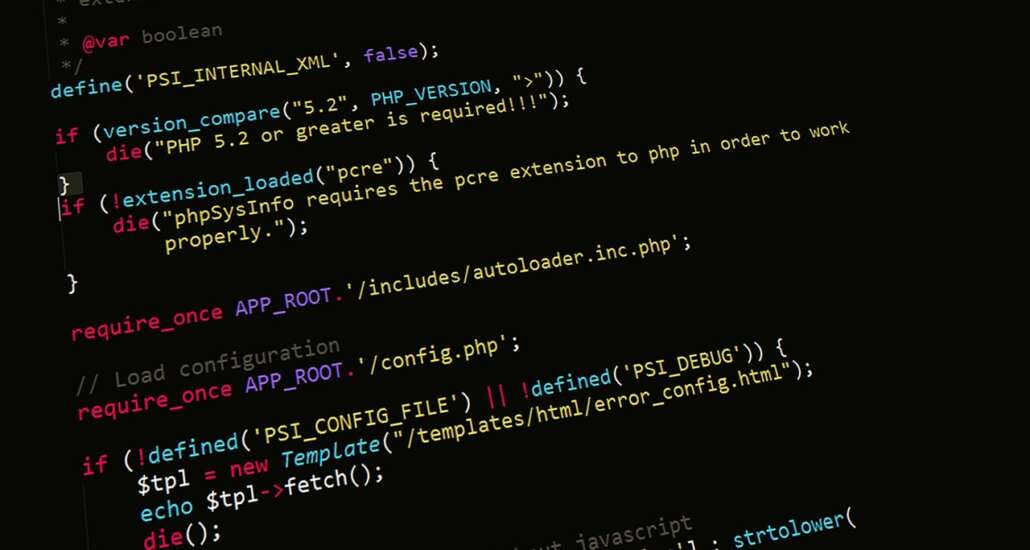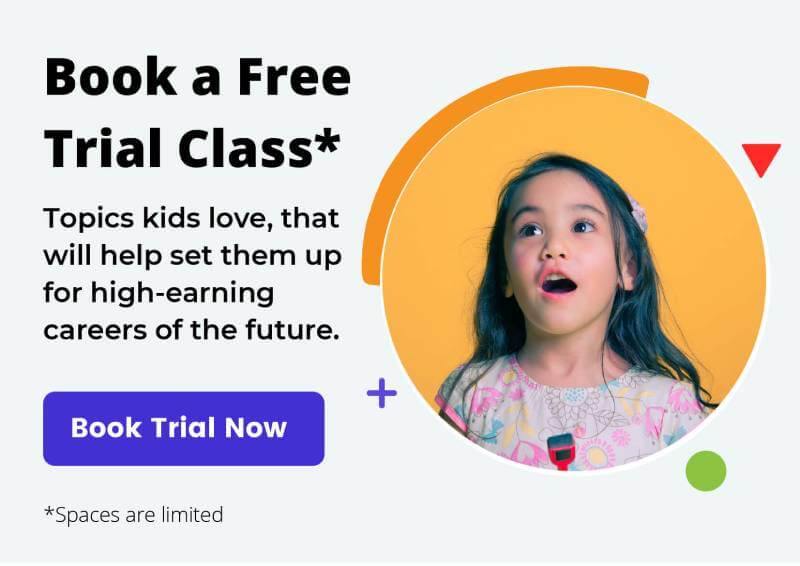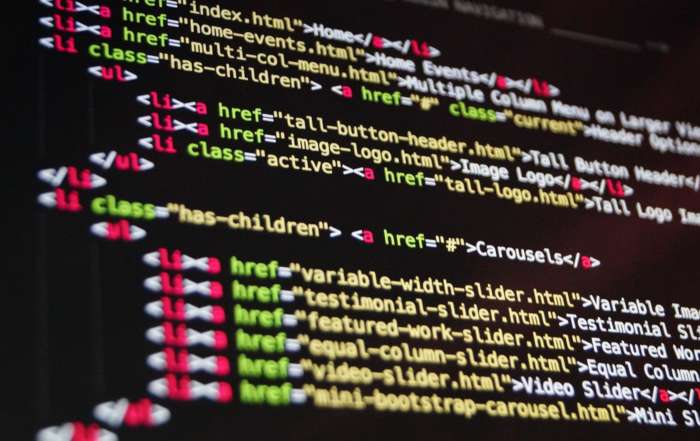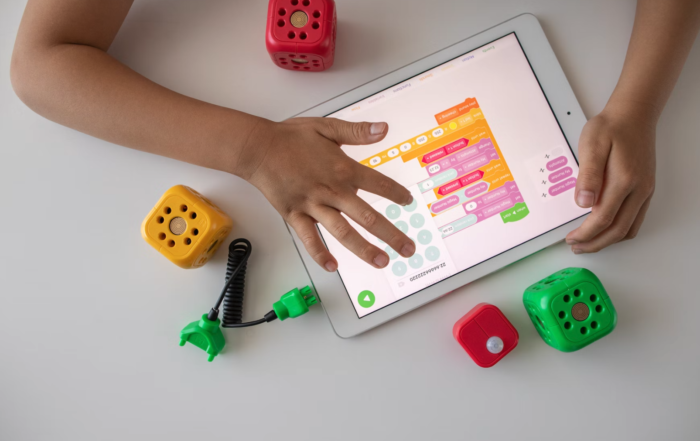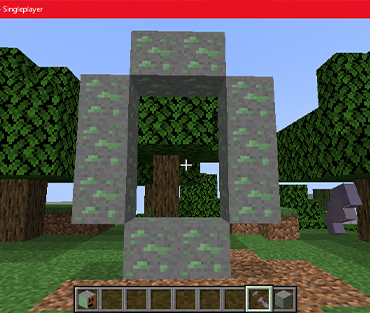Artificial intelligence (AI) is all around us. From the chatbot you’re talking to online to your navigation system, it is everywhere. Since AI is proving it isn’t going anywhere anytime soon, it’s important to provide AI education for kids.
We’re going to explore the importance of AI education for kids as well as the various ways to teach them. We’ll also take a look at how coding can help to teach artificial intelligence to kids and how MakerKids can help.
Let’s get started.
Why is it Important to Teach Kids about AI?
When we’re talking about AI, we’re referring to a computer’s ability to do things that humans do such as process language, pictures, speech, and more. AI is also part of our everyday lives when we use things like the navigation systems in our cars and even the playlists on our phones.
While kids may see AI in action every day, it’s important to have them understand how it works because it can lay the groundwork for a future career path in technology. Statistics show that by 2030, nearly 14% of the workforce will have to switch jobs due to automation. The more kids learn, the more ahead they’ll be when it comes to their future careers.
How to Explain Artificial Intelligence to Kids
You would be surprised at what your child already knows about AI. Depending on how old they are, they may know more than you think. Ask them questions about how they think it works and what they think are good examples that are around them. The more they can make a connection with the world around them, the better off they’ll be.
Explaining to your children that AI is a tool is also important. They need to understand that it can be used to solve a problem or accomplish a goal. As kids learn more about AI, the mystery around it will begin to fade, and they can really dive into it.
How to Teach Kids about AI
When it comes to AI education, you have to make it fun. Kids can learn better and grasp concepts better if they’re having fun in the process. Here are some ways to teach kids about AI and make artificial intelligence for kids fun.
Machine Learning for Kids
This tool provides hands-on experiences to show kids what goes into creating an AI. Through these training tools, they begin to learn how AI works.
Turn to Google
Google provides many opportunities when it comes to AI education for kids. Many videos show AI in action. Look for ones that are age-appropriate so that your child can understand them.
Play with Robots
Playing with robots that have intelligence features can help them learn about AI. You can also look at whether robots are showing any type of personality features. This is a great discussion area when it comes to artificial intelligence for kids.
Learn to Code
Learning to code is an important skill when it comes to AI education for kids. Having a strong understanding of coding and technology will enable better collaboration between humans and AI systems. Although AI systems can generate code, users may still need to understand the basics of coding to customize the generated code or troubleshoot any issues that may come up.
When kids learn to code, they can also develop a better understanding of the ethical implications and potential biases of AI systems. This can lead to more responsible technology.
Learning to code also teaches kids fundamental skills such as problem-solving, critical thinking, and creativity. These are skills that they can use in all aspects of their lives. When kids learn to code, they also gain a sense of personal satisfaction and accomplishment.
Coding at MakerKids
At MakerKids, teaching kids to code is one of our passions. We realize its importance in the area of AI, but also as a stand-alone skill that brings many possibilities. To learn more about our coding program and other course offerings at MakerKids, contact us today at 1-844-MAKERKIDS, or reach out to us online. Be sure to ask about how you can schedule a free trial class!
Also Read
How Coding Classes Can Lead to a Career in Coding
Often, children are asked the question, what do you
Digital Creativity Unleashed: Coding as a Creative Outlet for Kids
When children learn to code, they’re not only learning
Unlocking Creativity: How Minecraft Can Foster Imagination and Innovation in the Classroom
Many people think of Minecraft as just a game
